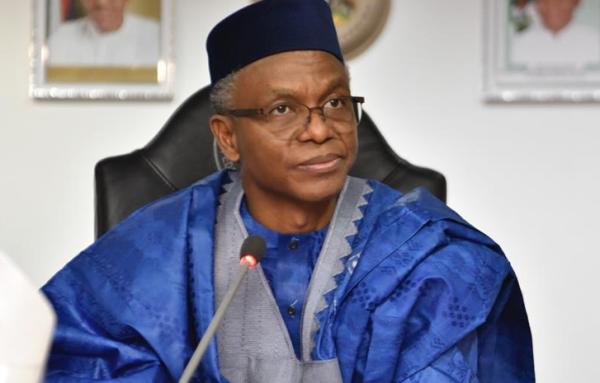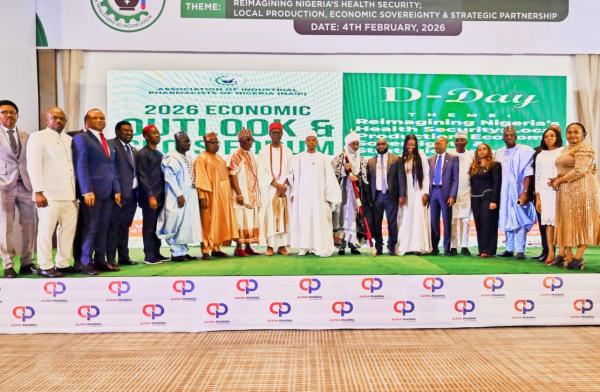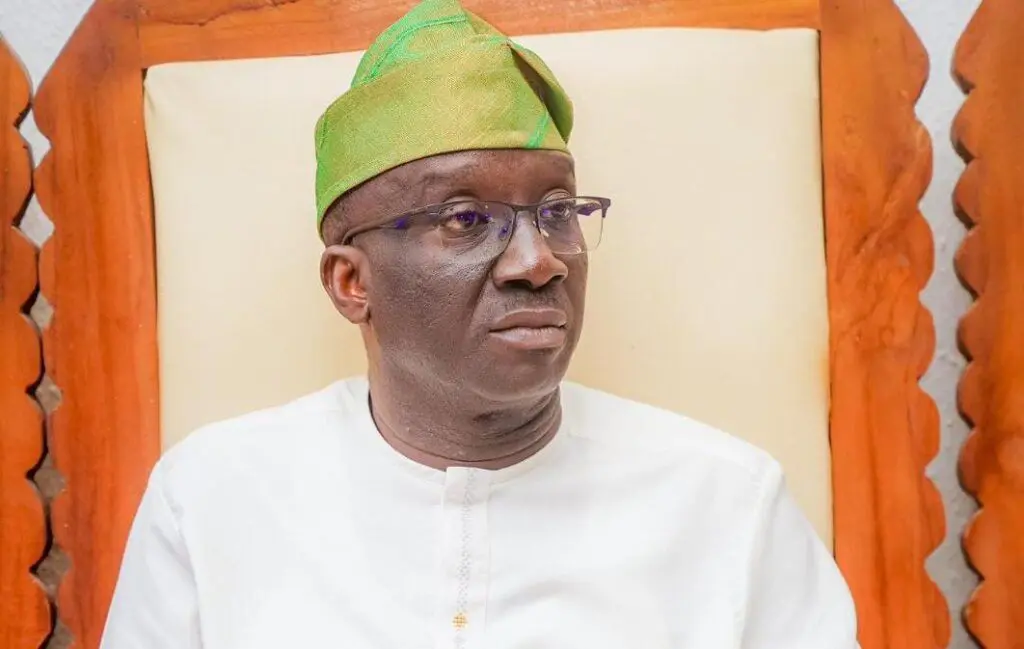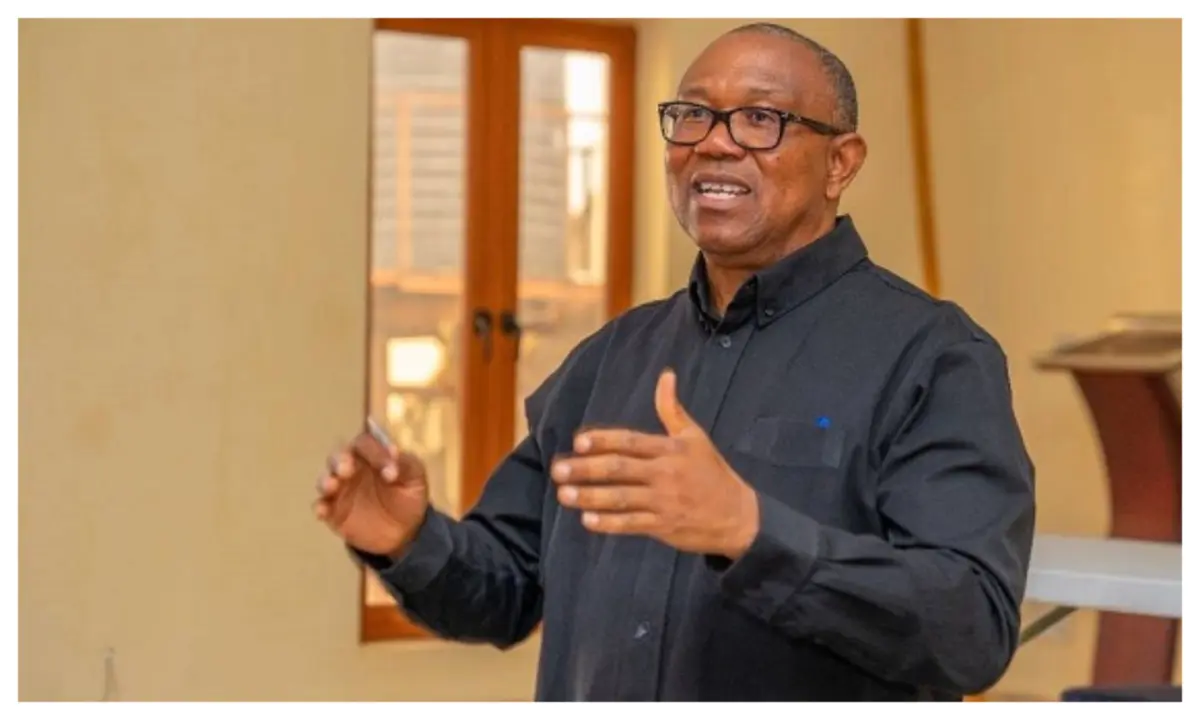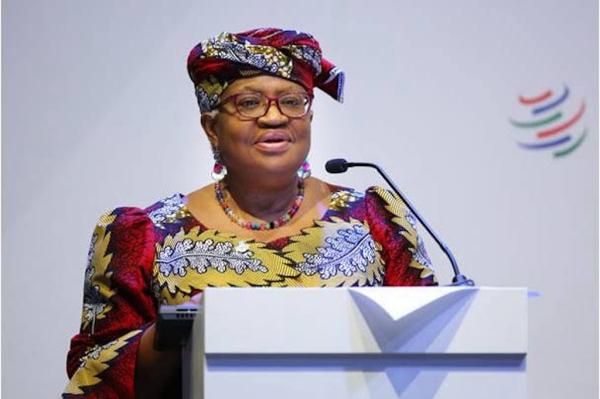
The Nigeria Internet Group (NIG) proposes a stout investment in building telecommunications infrastructure in the country.
Mr. Bayo Banjo, The President, NIG, while addressing newsmen in Lagos on Friday, said good investment in telecoms infrastructure, like broadband, was very important considering the multiplier effect it would have on the Nigerian people and the economy at large.
He explained the need for ducts saying that various funds being committed to some projects in the sector, like the rural telephony project, could have been used to build ducts for the channelling of broadband in the country.
He said the high cost over the years was as a result of the cost of transportation, though the bandwidth was technically free.
“The involvement of the private sector investors in bringing in fibre optics and satellite facilities has made it imperative to attach some cost elements to the infrastructure as such investors needed to recoup their investments”, he said.
“The roles of the Internet have changed and therefore, there is now the need for government laws that protect intellectual property and innovations as it will help entrepreneurs to flourish in the sector,” he said, speaking on the development of the Internet in Nigeria.
This has been successfully done (to some extent) in the country’s entertainment industry.”
He said, in other to ensure fast penetration of the Internet in the country, frequency allocation should be given out to cover more areas in the country other than just Lagos, Abuja, Port Harcourt and a few other towns.
“Government needed to find a way to reduce the cost of bandwidth to enable the private sector provide infrastructure,” Banjo explained.
He purported that Government can play its role without distorting the market. He said, “Government has a cable and therefore can crash the price of SAT 3 reasonably, mentioning the availability of satellite, which was acquired using tax payers’ money.
“The economic benefits of providing free bandwidth, far outweighs the cost of provision,” he said.
According to him, the Judiciary needs to be equipped with the right legislations, stressing the need to censor the Internet in Nigeria, to control the high level of abuse in the polity via the Internet.
He further pointed out that people are taken to court in developed countries, for using foul languages on the Internet, but the story is not the same in Nigeria as anybody says anything on the Internet and nothing is done.
Banjo revealed that the Federal Government had pledge to encourage service providers to increase the number of telecommunications base stations in the country from the present 27,000 to 60,000 to meet the national target of five-fold increase in broadband penetration by 2018. This he said, will represent about 122 percent growth level in the number of base stations in the country.
However, through harmonising taxes paid by them to minimise cases of multiple taxation which the Federal Government had pledge to effect, telecommunications companies would be encouraged to realise this feat.
The government also reaffirm its commitment to reducing operating costs of operators and ensure easier access to the right-of-way to build telecoms infrastructure.
Mrs. Omobola Johnson, the Minister of Communications Technology, recently said that in other to ensure that all parts of Nigeria had access to telecoms services and high-speed Internet, the ministry has remain committed to speeding up the building of communications infrastructure.
She noted that the move, would afford Nigerians reliable access to devices with the capacity to use them so that the benefits of Information and Communications Technology would be enjoyed by all.
Johnson recently said, “We hope to grow base stations from 27,000 to 60,000 by 2018 and significantly, more base stations needed to be deployed across the country to meet national target of a five-fold increase in broadband penetration by 2018.”













